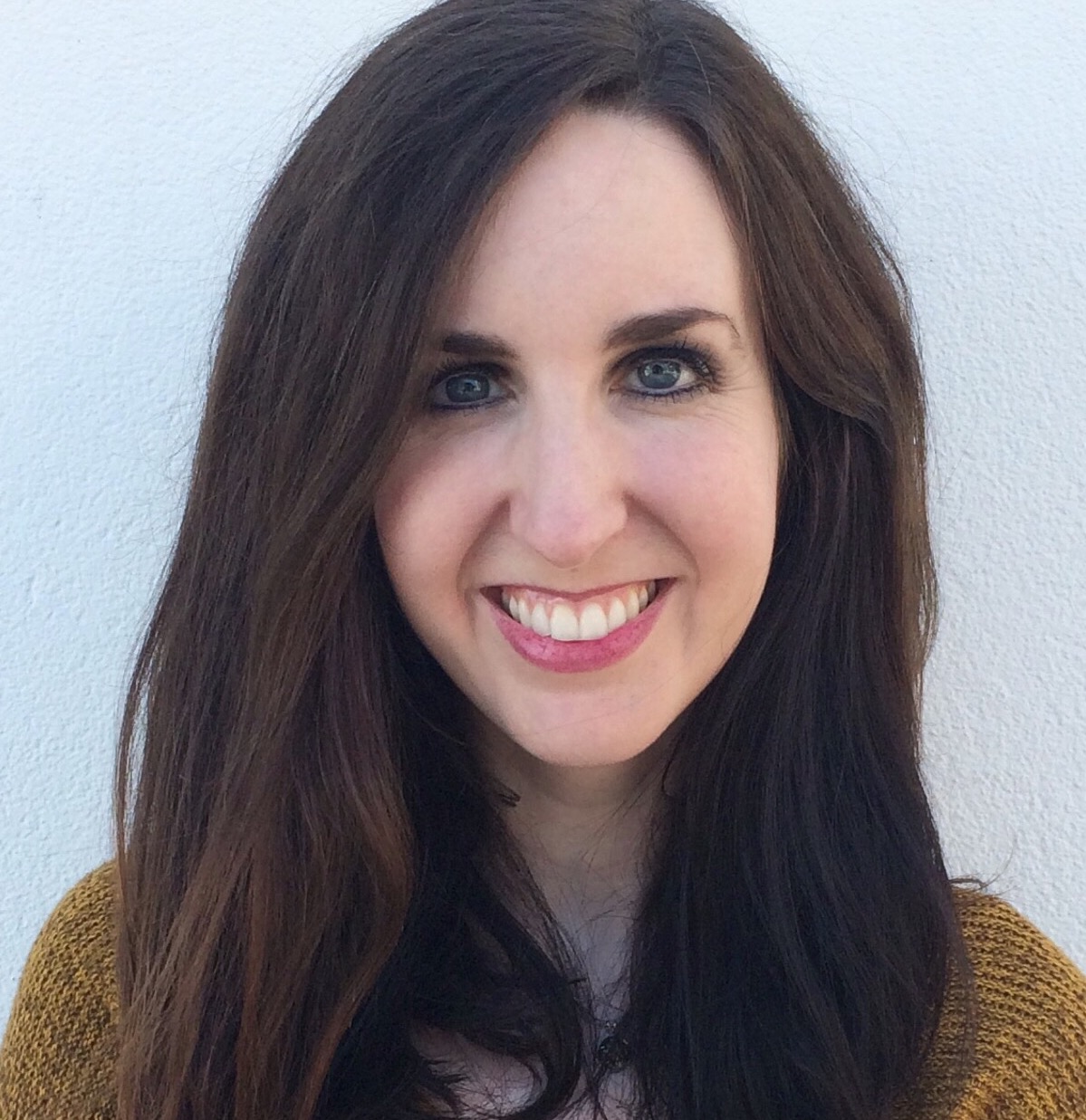- Calls to this hotline are currently being directed to Within Health, Fay or Eating Disorder Solutions
- Representatives are standing by 24/7 to help answer your questions
- All calls are confidential and HIPAA compliant
- There is no obligation or cost to call
- Eating Disorder Hope does not receive any commissions or fees dependent upon which provider you select
- Additional treatment providers are located on our directory or samhsa.gov
Embrace, the Body Image Movement, and Eating Disorder Recovery

One of the challenges that comes with eating disorder recovery is figuring out how to embrace who you are. This includes learning to be comfortable with your body image and natural body type, but also general self-acceptance and self-love.
The Body Image Movement is playing a significant role in the overall shift of how people, particularly women, view their bodies. Founded by Taryn Brumfitt, this movement has become an international phenomenon and continues to provide inspiration and hope for the eating disorder community.
How Did the Body Image Movement Start?
Taryn grew up with a relatively positive body image and healthy relationship with food. After having three children, she struggled with her changing body and came close to undergoing extreme forms of plastic surgery to attain what she then viewed as “the perfect body.”
What kept Taryn from having the surgery was the thought of what it might do to her daughter. Would her daughter grow up hating her body and think plastic surgery is the answer? It broke Taryn’s heart to think that her actions might impact her daughter’s own body image.
Instead, she posted an unconventional before-and-after picture on social media that showed her embracing her natural post-baby body, and the Body Image Movement was born.
The Impact of the Documentary Embrace
Embrace is a documentary Taryn filmed while traveling the world to interview women from different walks of life about their struggles with body image. After her before-and-after picture went viral, she received emails from women all of the world and felt called to share their stories.
 In this film, women are very candid about how they feel about their bodies and the journeys they have made toward self-acceptance.
In this film, women are very candid about how they feel about their bodies and the journeys they have made toward self-acceptance.
Some of the women interviewed are still struggling, while others can honestly say they are at peace with their bodies.
Taryn interviewed a young woman with polycystic ovary syndrome, which causes her to grow thick facial hair. Though she was bullied for this growing up to the point where she contemplated suicide, she now embraces her facial hair and does not let it define her.
Also interviewed was Ricki Lake, the actress and TV personality who has publicly struggled with her weight for decades. First gaining fame for playing the “chubby” Tracy Turnblad in 1988’s Hairspray was challenging for Ricki, a survivor of sexual abuse who says she often turned to food to cope. Though she is more comfortable with her body now, she still struggles with not fitting into Hollywood’s strict body standards.
By hearing stories of women successfully battling their body image issues in different ways, the Embrace audience is empowered to accept themselves as they are and combat negative self-talk that says they are not good enough or that they need to change their bodies.
Embracing All of Your “Flaws”
In eating disorder recovery, it is important to embrace your self-perceived “flaws,” or things that you wish you could change about yourself. This is not limited to your body, but includes personality traits, talents, and quirks that you might have hidden or felt ashamed about.

This can also include accepting your past. Recovery often comes with a series of regrets from when you were sick in your disorder, but accepting and learning from your past can encourage you to stay on the path to recovery. Instead of feeling ashamed of things you have done, you can acknowledge that is not who you are today while accepting that it is still part of your story.
Embracing your “flaws,” whether this means the freckles on your nose, the thighs that you wish were smaller, or a quirky laugh, can empower you to make peace with your mind and body. This can be a game changer for those in eating disorder recovery who still battle feelings of self-hatred or shame.
Keep in mind that this is a process that will not be achieved overnight. Be patient with yourself as you work toward self-acceptance. Some say that body image is the final piece of the puzzle in eating disorder recovery. Just remember that if you start with small acts of self-love and work your way up, you can get there sooner than you might think.
 About the Author: Courtney Howard graduated summa cum laude with a B.A. from San Diego State University, holds a paralegal certificate in Family Law, and is a Certified Domestic Violence Advocate. After obtaining her certification as a life coach, Courtney launched Lionheart Eating Disorder Recovery Coaching in 2015 and continues to be a passionate advocate for awareness and recovery.
About the Author: Courtney Howard graduated summa cum laude with a B.A. from San Diego State University, holds a paralegal certificate in Family Law, and is a Certified Domestic Violence Advocate. After obtaining her certification as a life coach, Courtney launched Lionheart Eating Disorder Recovery Coaching in 2015 and continues to be a passionate advocate for awareness and recovery.
The opinions and views of our guest contributors are shared to provide a broad perspective of eating disorders. These are not necessarily the views of Eating Disorder Hope, but an effort to offer discussion of various issues by different concerned individuals.
We at Eating Disorder Hope understand that eating disorders result from a combination of environmental and genetic factors. If you or a loved one are suffering from an eating disorder, please know that there is hope for you, and seek immediate professional help.
Reviewed By: Jacquelyn Ekern, MS, LPC on January 19, 2017.
Published on EatingDisorderHope.com

The EatingDisorderHope.com editorial team comprises experienced writers, editors, and medical reviewers specializing in eating disorders, treatment, and mental and behavioral health.

